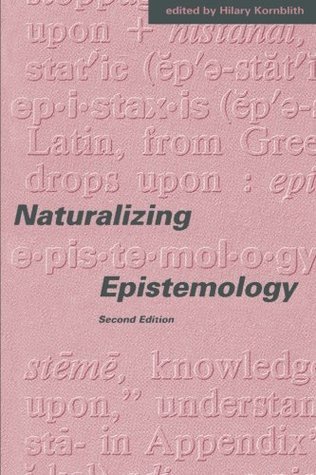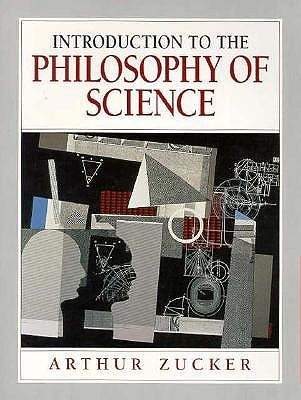
All Life is Problem Solving
Book Description
Imagine a world where every challenge leads to a spark of insight and every setback unveils a new path forward. Karl Popper’s "All Life is Problem Solving" dives into the exhilarating dance of ideas and exploration. It reveals how humanity’s greatest triumphs arise from relentless questioning and the courage to confront uncertainty. With theories that shaped science, philosophy, and society, Popper unravels the fabric of knowledge itself, suggesting that progress is born from the very problems we face. What if the key to unlocking our potential lies in the problems we choose to embrace?
Quick Book Summary
"All Life is Problem Solving" by Karl Popper presents a compelling vision of knowledge and progress as a dynamic, ongoing process. Popper argues that learning—whether rooted in science, philosophy, politics, or everyday life—arises from attempts to solve problems. Rejecting traditional notions of fixed knowledge, Popper claims that truth emerges not from certainty, but from an openness to criticism, conjecture, and error correction. By embracing uncertainty and viewing challenges as opportunities, individuals and societies repeatedly adapt, grow, and innovate. The book combines accessible essays and lectures to explore the crucial role of critical thinking, open societies, and education in fostering creativity and resilience. Ultimately, Popper invites readers to see every setback as a step toward deeper understanding and societal advancement.
Summary of Key Ideas
Table of Contents
Knowledge through Trial and Error
Popper centers the book around the idea that knowledge and progress stem from the continual process of solving problems. He likens human existence to a never-ending series of challenges, each demanding creative solutions. Rather than viewing problems as obstacles, Popper sees them as catalysts for discovery and innovation. This process is not limited to science but extends to all areas of life, underscoring the universal value of a problem-solving mindset.
The Role of Critical Rationalism
A pivotal concept Popper expands upon is critical rationalism. He challenges the notion of absolute knowledge by emphasizing conjecture and refutation. Rather than attempting to prove theories true, Popper sees scientific advancement as a cycle where hypotheses are systematically tested and critiqued, with the strongest ideas surviving. This attitude fosters intellectual humility and resilience, encouraging continued questioning over dogmatic certitude.
Science as an Evolutionary Process
Popper draws parallels between biological evolution and scientific discovery, suggesting that both operate according to trial and error. He describes theories in science as tentative solutions subjected to severe tests against reality, much like nature selects for traits via survival. Mistakes and failures are not only inevitable but essential; they prompt revision, adaptation, and ultimately, improvement.
The Importance of Open Societies and Democracy
Democracy and open societies, according to Popper, provide the ideal conditions for this problem-solving ethos. Societies that nurture critical debate, tolerate dissent, and support transparent governance are uniquely equipped to identify errors and improve collectively. Popper warns against authoritarianism and closed systems, which suppress criticism and inhibit progress, drawing on historical and political analysis to reinforce the value of openness.
Education and the Nurturing of Problem Solvers
Finally, education emerges as a crucial means of cultivating problem solvers. Popper advocates for teaching that inspires curiosity, independence, and the courage to question. He asserts that true education encourages students to identify, analyze, and tackle problems, preparing them for a world defined by uncertainty and change. This educational vision aligns with his broader philosophy that all life—on every level—is, at heart, the story of learning through problem solving.
Download This Summary
Get a free PDF of this summary instantly — no email required.





